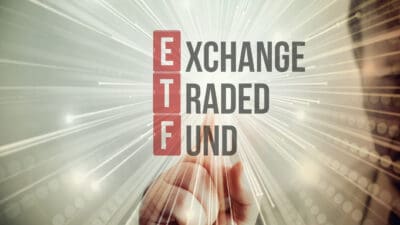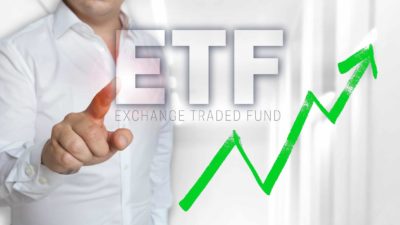When it comes to investing in exchange-traded funds (ETFs) on the ASX, two standout options often catch the eye: the Vanguard Australia Shares Index ETF (ASX: VAS) and the Betashares Nasdaq 100 ETF (ASX: NDQ).
Each of these ETFs offers a unique value proposition, catering to different investment strategies and risk appetites. Essentially, the VAS ETF focuses on the companies on the S&P/ASX 300 Index (ASX: XKO), whereas the NDQ ETF is invested in the NASDAQ-100 Index (NASDAQ: NDX).
Let's dive into the specifics to determine which ETF might be the better buy for you.
Vanguard Australia Shares Index ETF
The VAS ETF provides broad exposure to the largest ASX companies. This structure achieves diversification across various industry sectors of the Australian economy, including financials, materials, healthcare, and consumer staples.
The ETF boasts a generous dividend yield of approximately 4.1% on an annual basis, making it an attractive choice for income-focused investors. As my colleague Tristan highlighted, the 4% dividend yield is also close to the safe withdrawal method that's often considered for retirees.
Another benefit of investing in the VAS ETF is its low management fees. Vanguard is known for its low-cost ETFs, and VAS is no exception. It only charges the management fee of 0.1% per annum, compared to the NDQ's 0.48%.
For those confident in the Australian market's stability and growth, VAS provides an excellent way to capture that potential.
Betashares Nasdaq 100 ETF
This ETF provides access to some of the world's most innovative and high-growth companies, including the Magnificent Seven.
The NDQ ETF only invests in technology companies, so it doesn't provide sector diversification like the VAS ETF. However, as the ETF mainly invests in the US market, it could be a good way for Australian investors to achieve geographic diversification.
Historically, the Nasdaq-100 Index has outperformed many other indices, driven by the rapid growth of tech companies. This ETF may be a good choice for investors who are bullish about the tech sector's future growth.
Which ETF is better? It depends
Generally speaking, the VAS ETF is for investors seeking stable growth and income flow, while the NDQ ETF may be a perfect choice for investors looking for high growth and who don't mind experiencing high volatility.
In terms of valuations, the NDQ ETF is trading at 32 times its trailing twelve months' earnings, which is higher than the S&P 500 Index (SP: .INX) at 25x and the ASX 300 Index at 20x, according to Bloomberg.
It is true that Nasdaq companies typically have higher price-to-earnings (P/E) ratios compared to other industry sectors due to their potential for higher future growth. However, these elevated multiples could suggest the possibility of increased volatility in the near future.









